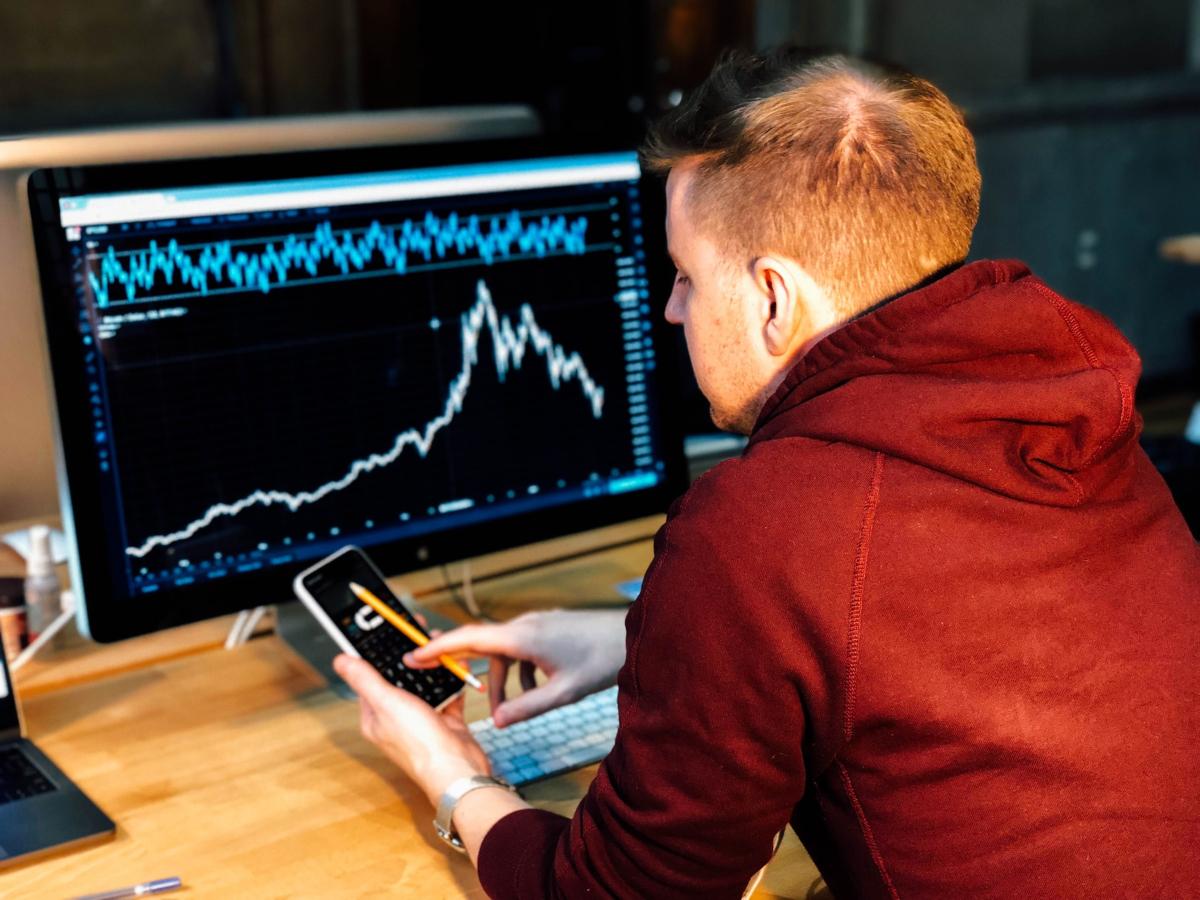Retail Investing Gained Steam in 2020, New Trading Patterns Continue
Over the last few years, retail investors have become a force to be reckoned with. What is retail investing and how's it impacted by the meme stock meltdown?
Feb. 7 2022, Published 8:54 a.m. ET
In stock markets, we usually have two sets of investors. One set is institutional investors that make up the bulk of the market volumes. The other set is retail investors who have become a force to be reckoned with over the last few years. What is retail investing and how’s it different from institutional investing?
Stock markets globally have been dominated by institutional investors. However, over the last year, we saw increased retail participation in markets. In the U.S. markets, the meme stock mania coincided with the growing clout of retail traders. Even globally, retail participation has increased and several new retail investors have entered the markets.
What is retail investing?
Retail investors are individual investors. While there isn't a set definition of retail investors, they are non-professional investors and investing isn't their primary career. Meanwhile, thanks to the meme stock mania, a lot of retail investors turned into full-time traders over the last year. Many even started fancying trading as a career.
Retail investors are different from institutional investors.
There are multiple differences between retail and institutional investors. First, retail investors' average portfolio size is lower compared to institutional investors. Also, in terms of stock selection, a lot of retail traders have a flair for penny stocks and momentum names.
Institutional investors follow a more rule-based investing strategy. While some retail investors tend to have concentrated portfolios depending on their preferences, institutional investors have a more diversified approach.
For example, despite her love for Tesla stock, Cathie Wood of ARK Invest frequently sells the shares after their allocation in the portfolio rises above 10 percent.
What’s the biggest USP of retail investing?
The biggest USP of retail investing, which can be the biggest advantage or the disadvantage depending on how you perceive it, is flexibility. Retail traders are now answerable to their clients like institutional investors and make decisions based on their understanding.
However, retail traders lag behind institutional investors on time, expertise, and information flow. Investing requires a lot of time and expertise towards research and that’s why Warren Buffett thinks that most retail investors would be better off in an S&P 500 fund.
In theory, retail and institutional investors have access to all market information, but in reality, institutional investors have a better flow of information. Since institutional investors have large teams covering multiple sectors, their circle of competence is also much wider compared to retail investors.
Retail investors outperformed in 2020.
In 2020, retail investors proved even the best of Wall Street analysts wrong. While most institutional investors were bearish on markets, especially the sectors that were hit the worst by the COVID-19 pandemic, retail investors bought the dip. Airline stocks are a perfect example. Retail investors went on a buying spree even though institutional investors, including Buffett’s Berkshire Hathaway, sold stocks.
2021 was a watershed moment for retail investing and retail trading volumes hit historical highs. The meme stock mania proved that acting as a cohort, retail investors can take on Wall Street biggies. However, the meme stock mania has died down.
Retail trading volumes have dipped.
Retail trading peaked in the first half of 2021 and has since come down. This is also reflected in Robinhood’s stock price, which now trades at a fraction of the IPO price after reporting a fall in monthly active users in the third and fourth quarters of 2021.
However, Robinhood’s fortunes nosedived amid the lack of interest in meme stocks and Dogecoin, which drove its volumes in the first half of 2021. Looking at other brokers, while retail trading volumes have dipped from the highs in the first quarter of 2021, they're still strong and much above the pre-pandemic levels.
Retail investing is here to stay.
Based on the data from Charles Schwab and TD Ameritrade, S&P Global Market Intelligence concluded that “retail traders are still an active and potent force in the market and that, in the aggregate, they seem less likely to ride the bandwagon on specific stocks and instead trade on broader themes.”
While the retail trading frenzy has come down amid falling interest in meme stocks, retail investing looks like it's here to stay based on the steep growth in new retail investors over the last two years.



